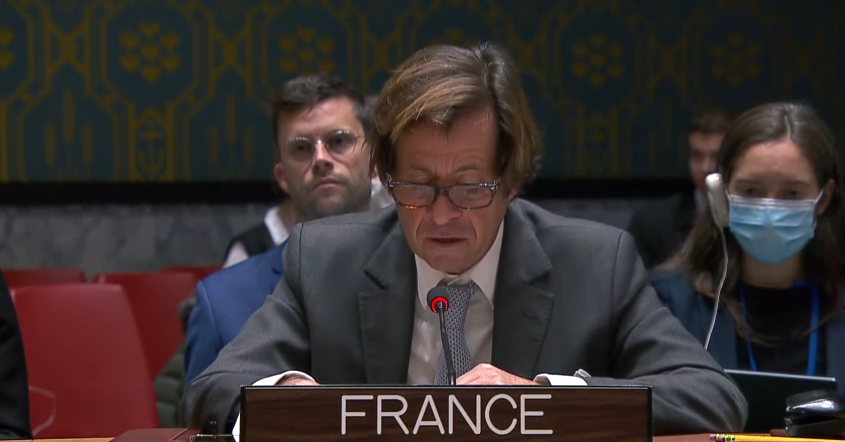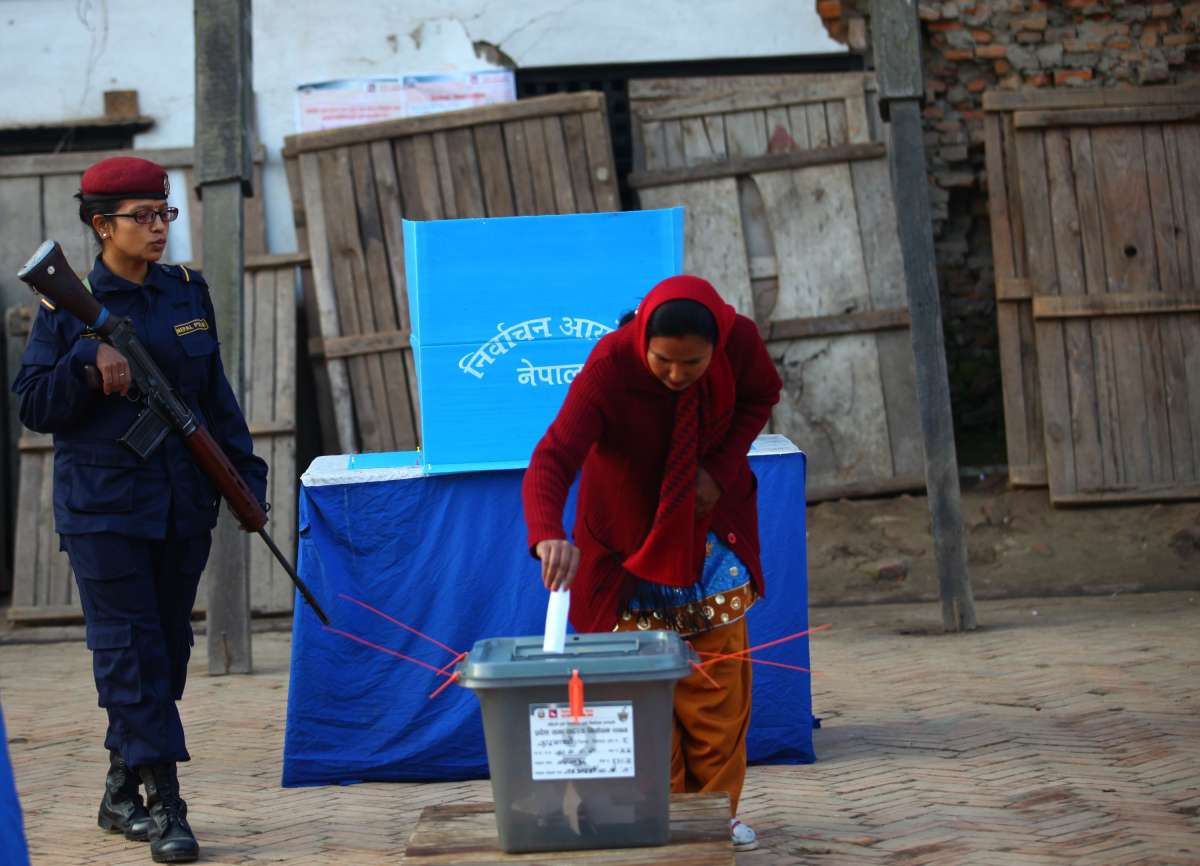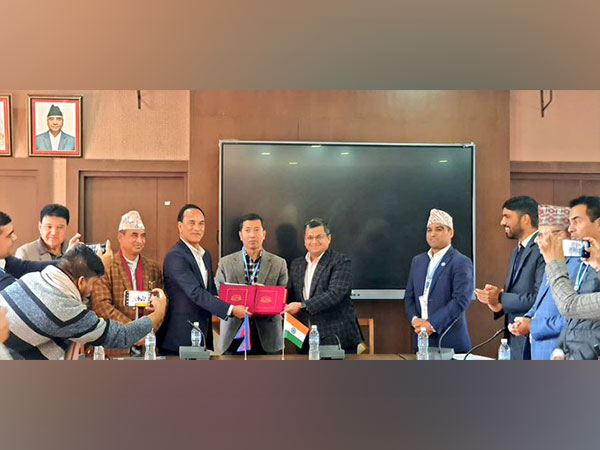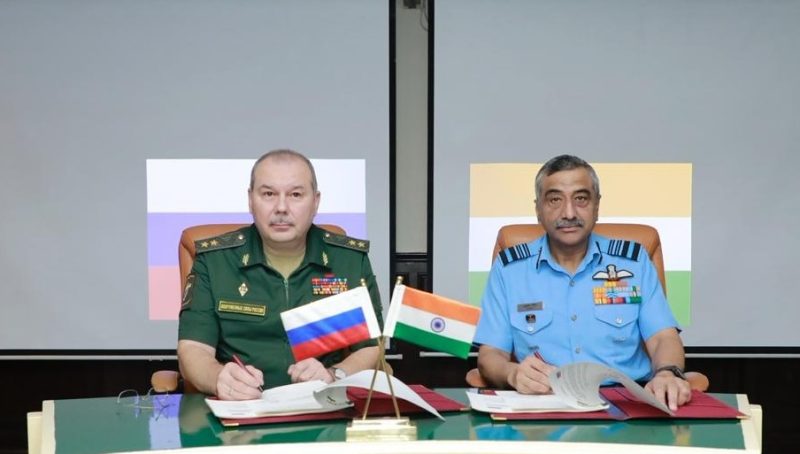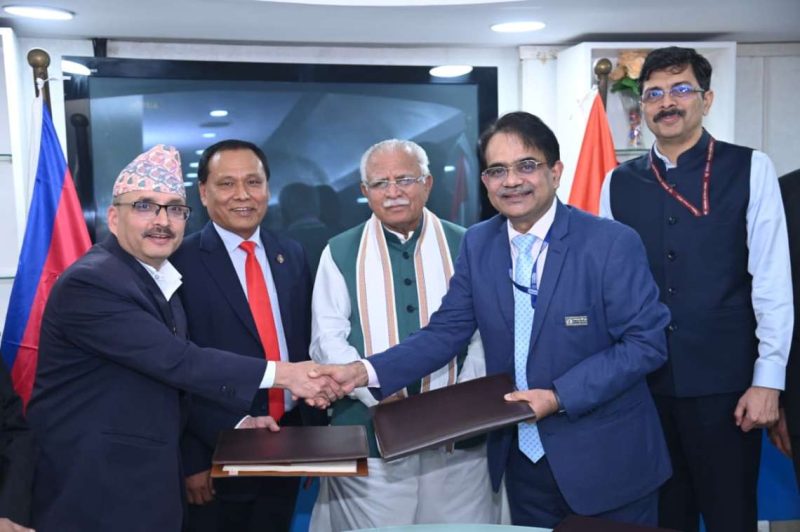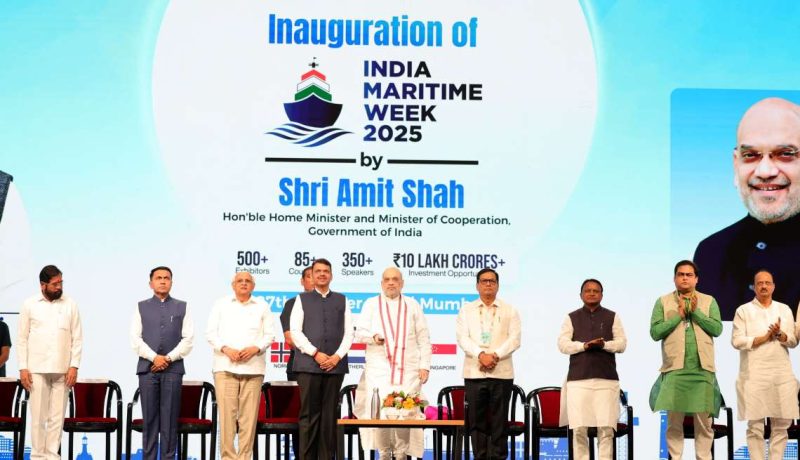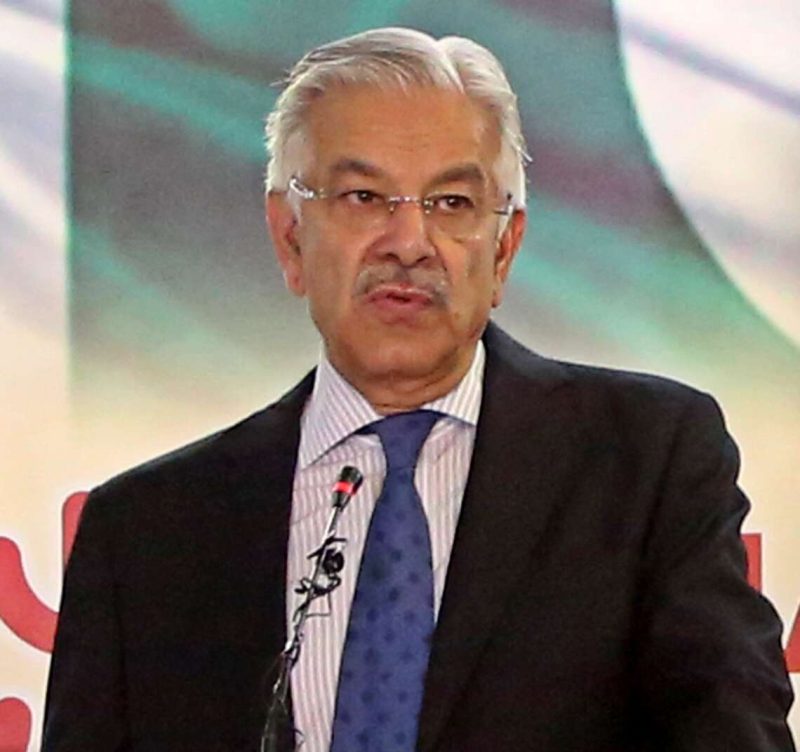The Security Council, the United Nations’ principal crisis-management body, is empowered to impose binding obligations on the 193 UN member states to maintain peace…reports Asian Lite News
The UK, France and UAE on Wednesday (local time) extended support for India’s permanent membership at the United Nations Security Council (UNSC). Dame Barbara Woodward, the UK Permanent Representative to the United Nations said, “The Security Council must as others have said become more representative of the world today and the UK has long called for its expansion in both the permanent and non-permanent categories, as the UK Foreign Secretary publicly reiterated this week – we support new permanent seats for Brazil, Germany, India and Japan.” Incidentally, India is holding the presidency of the United Nations Security Council for the month of December 2022.
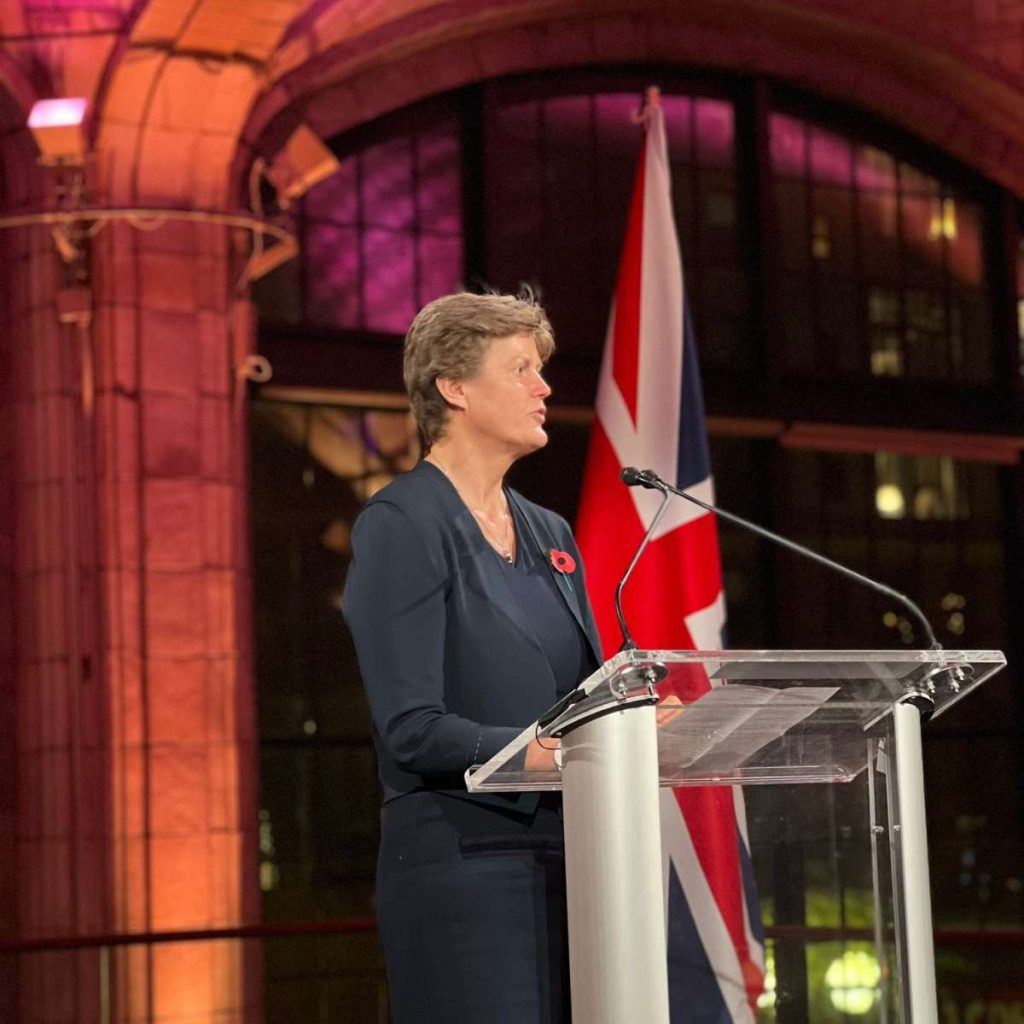
Ambassador Nicolas de Riviere, Permanent Representative of France to the UN said, “We support an expansion of the Security Council to take into account the emergence of new powers that have the world and the ability to shoulder the responsibility of a permanent presence on Security Council. France thus supports the candidacies of Germany, Brazil, India and Japan as permanent members.” Both countries supported India’s bid for permanent membership in the reformed Security Council.
Meanwhile, the United Arab Emirates also reiterated its endorsement of India’s bid for permanent membership of a reformed security council. UAE minister Noura Bint Mohammed Al Kaabi at UNSC Open Debate on ‘Maintenance of International Peace & Security: New Orientation for Reformed Multilateralism’ said, “Congratulate you and Indian mission at very successful 8th term on the Security Council. Your voice at this chamber is necessary and UAE reiterates its endorsement of India’s bid for permanent membership of the reformed UNSC. The UN Security Council is the premier global body for maintaining International peace and security. The Security Council, the United Nations’ principal crisis-management body, is empowered to impose binding obligations on the 193 UN member states to maintain peace.
The Security Council, the United Nations’ principal crisis-management body, is empowered to impose binding obligations on the member states to maintain peace. The council’s five permanent and ten elected members meet regularly to assess threats to international security, including civil wars, natural disasters, arms proliferation, and terrorism. Structurally, the council remains largely unchanged since its founding in 1946, stirring debate among members about the need for reforms.
The UN Security Council is composed of 15 members, including five permanent member states – China, France, Russian Federation, the United States, and the United Kingdom – and 10 non-permanent member states, which are elected by the United Nations General Assembly (UNGA)
Ten non-permanent members are elected to the UNSC every year for a two-year term. The 10 non-permanent seats are distributed among the regions of the world: five seats for African and Asian countries (three are for Africa and two for Asia), one for Eastern European countries, two for Latin American and Caribbean countries, and the remaining two for Western European and other countries.The Africa and Asia Pacific group takes turns every two years to put up an Arab candidate.
There is a need reform in UNSC, due to the undemocratic nature of UNSC, barring two regions (North America and Europe), other regions are either underrepresented (like Asia) or not represented at all (Africa, Latin America and the Small Island developing states).
Moreover, there is a misuse of veto power. The veto power is used by P-5 countries to serve the strategic interest of themselves and their allies.
Meanwhile, India is a founding member of the UN. India, till now has been elected for eight terms for a two-year non-permanent member seat.
Most significantly, India has almost twice the number of peacekeepers deployed on the ground than by P5 countries.
India being the largest democracy and second-most populous country (soon to become most populous) in the world, are the primary reasons for it to be granted permanent membership in UNSC.
Also, India is one of the largest economies and fastest-growing economies of the world. (ANI)
ALSO READ-G20 meet discusses coordination on pandemic prevention


